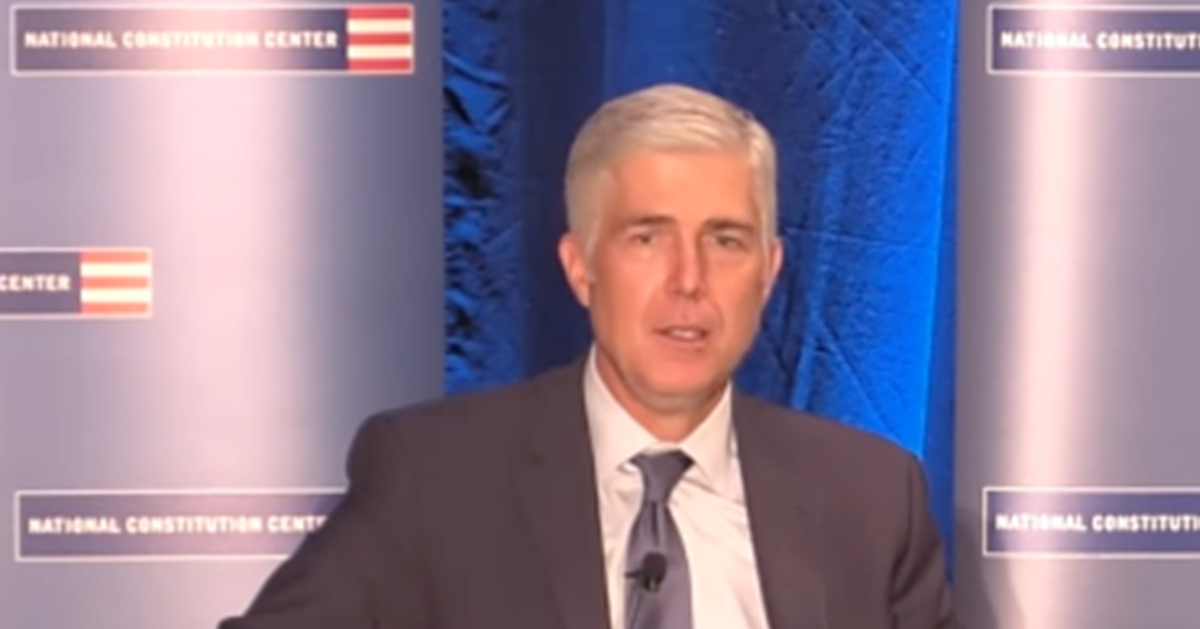Push to Give Administration Control Over Social Media Raises Concerns
A proposal known as the Kids Online Safety Act (KOSA) is advancing through Congress and has sparked significant debate.
Passed by the Senate and now under review in the House of Representatives, the bill seeks to give the Biden-Harris administration oversight of social media platforms, a move critics warn could curtail free speech, as Newsmax reports.
While supporters argue the bill is necessary to protect children online, opponents claim it opens the door for government overreach.
The bill, introduced by Sen. Richard Blumenthal (D-CT) would impose a new duty of care on social media platforms, requiring them to design their sites to prevent mental health issues like anxiety, depression, and eating disorders among minors.
The Federal Trade Commission (FTC) and state attorneys general would have the authority to enforce these regulations, which some view as a necessary step toward making the internet safer for children.
Critics Argue KOSA a "Trojan Horse"
However, critics have raised serious concerns. Many argue that KOSA’s broad language could be misinterpreted, allowing the government to pressure social media companies to censor content beyond what is necessary to protect minors. Opponents claim that the bill is a "Trojan Horse," using the issue of children's safety to justify increased governmental control over platforms like Facebook and Telegram.
The Electronic Frontier Foundation has voiced strong opposition, calling the bill "dangerous and unconstitutional." They argue that the bill would empower state officials to target online content they find objectionable, stifling free speech and pressuring platforms to preemptively censor user content to avoid legal consequences.
Enforcement Concerns, Vague Language Cited
One of the primary concerns with KOSA is its vague language, particularly in defining what constitutes harmful content. The bill requires platforms to take proactive measures to "mitigate mental health harms," but does not clearly define the scope of this duty. Critics worry that this could lead to inconsistent enforcement, with different states interpreting the law in different ways.
Sen. Rand Paul (R-KY) has been a vocal critic of the bill, warning that it could stifle free speech. “KOSA would impose an unprecedented duty of care on internet platforms,” Paul stated, highlighting the potential for the bill to "deprive Americans of the benefits of our technological advancements."
History of Government Pressure on Social Media
The concerns surrounding KOSA are not without precedent. The Biden Administration has been previously accused of pressuring social media platforms to censor content during the 2020 election. Facebook’s Mark Zuckerberg has acknowledged that the FBI contacted the platform, requesting that they limit the spread of certain information, sparking fears that the government could use KOSA in a similar way to influence public discourse.
Additionally, critics point to recent international incidents as cautionary tales. In France, Telegram founder Pavel Durov was arrested after refusing to provide authorities with user data, an event some say underscores the dangers of government overreach. The incident has fueled fears that similar actions could take place in the U.S. if KOSA passes.
House Opposition to Bill
As the bill moves to the House of Representatives, it faces growing opposition from conservative lawmakers. Speaker of the House Mike Johnson (R-LA) has been urged not to bring the bill to a vote, with some Republicans wary of expanding the federal government’s power over social media companies. The House Freedom Caucus (HFC), a group of conservative lawmakers, has also expressed its intent to block the bill if it comes to the floor.
The HFC argues that KOSA violates the First Amendment by forcing platforms to self-censor. They claim that social media companies will preemptively remove content out of fear of government retaliation, chilling free speech in the process.
The Stakes for Free Speech and Online Safety
The debate surrounding KOSA highlights the tension between protecting children online and preserving free speech. While the bill’s supporters argue that stronger regulations are necessary to combat the mental health crisis among young people, opponents believe that the costs to free expression are too high. The question remains whether KOSA’s provisions are a necessary measure to safeguard vulnerable populations or an overreach that will erode online freedoms.
The Biden Administration has not yet publicly commented on the bill’s progress in the House, but many expect the White House to support its passage. Should the House take up the bill, it is likely to face a heated debate, with lawmakers divided over the balance between safety and freedom.
Conclusion
The Kids Online Safety Act (KOSA) has sparked a fierce debate as it moves through Congress. Supporters see it as a critical step in protecting children from online harm, while critics view it as a dangerous overreach that could stifle free speech and lead to government control of social media platforms.
As the House of Representatives prepares to consider the bill, its future remains uncertain, with strong opposition from conservatives and civil liberties groups.
Whether or not KOSA becomes law, the discussion it has generated will likely shape the future of internet regulation and free speech in the United States.



